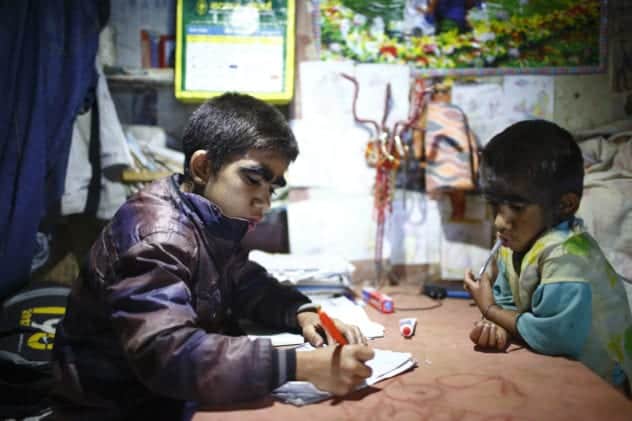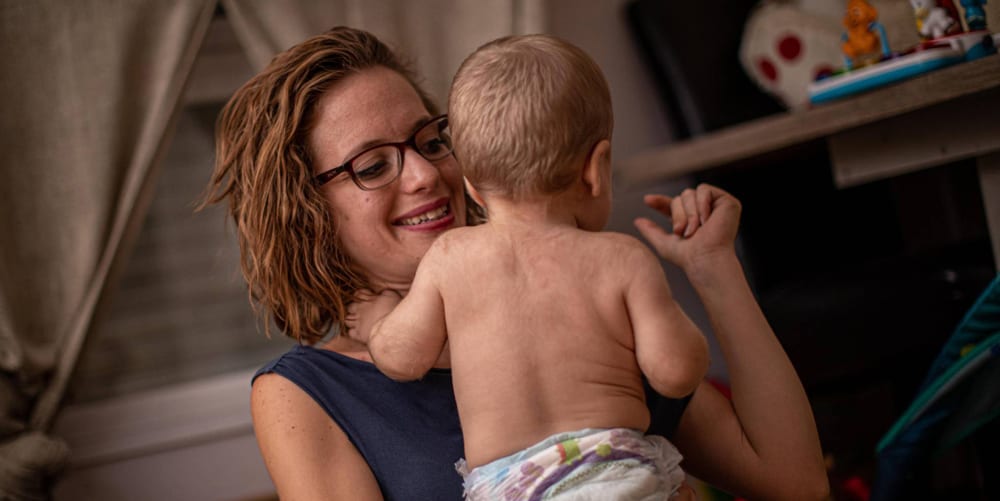A bizarre spate of “werewolf syndrome” has affected 17 infants in Spain.
The young children caught the rare condition, which causes abnormal hair growth all over the body, because of a mislabelling error by a pharmaceutical company, according to Spanish media.
“A mi hijo se le llenó de pelo la frente, los mofletes, los brazos y piernas, las manos… Tenía las cejas de un adulto. Daba mucho miedo porque no sabíamos lo que le estaba pasando” https://t.co/jQQfmI6GvN
— EL PAÍS (@el_pais) August 28, 2019
The infants were accidentally given a strong vasodilator, a drug normally used to treat alopecia, in place of omeprazole, a medication used to treat heartburn and acid reflux.
It’s resulted in several babies experiencing rapid hair growth on their head, arms, chest and back – symptoms closely aligned with what’s known as “werewolf syndrome”, or hypertrichosis.
17 cases have been reported so far across the regions of Andalusia, Cantabria and Valencia.
It’s triggered alarm and panic among affected parents.
One mother told El Pais, “My son’s forehead, cheeks, arms and legs, hands became covered in hair.
“He had the eyebrows of an adult. It was very scary because we didn’t know what was happening to him,” said Ángela Selles, a mum from Granada.
Another mother told the national Spanish newspaper that the experience had caused her anguish.
“We went to the pediatrician and they told us it could be something genetic or to do with his metabolism. We had to start going to specialists to rule out several syndromes and rare conditions,” she said.
El Pais says the outbreak was caused by an internal labeling mix-up at pharmaceutical company Farma-Quimica Sur.
The firm’s factory was closed on Tuesday while the error was probed by authorities.
The company has been forced to halt production until the mislabelled medication had been recalled.
Parents have been told that their babies’ abnormal hair growth will cease and begin to fall away as the medication leaves their system.
However the second mother spoken to by El Pais was told by her doctor it could take months for her baby to fully recover.
What is werewolf syndrome?
It’s unclear exactly how people contract hypertrichosis, but a form of it can be passed down genetically.
Or, in cases like this, its symptoms can be brought on by ingesting a drug that promotes abnormal hair growth.
In 2013, it was revealed a family in a remote village in Nepal all suffered from Congenital Hypertrichosis Lanuginosa.

The mother and three children underwent laser hair removal surgery to lessen their symptoms.
More recently in 2016, Bithi Aktar, a young girl in Bangladesh, was struck by an extreme case of the disease.
The 12-year-old’s father revealed they couldn’t afford the expensive treatment to cure her ailment.
Read more: How hair loss affects mental health







